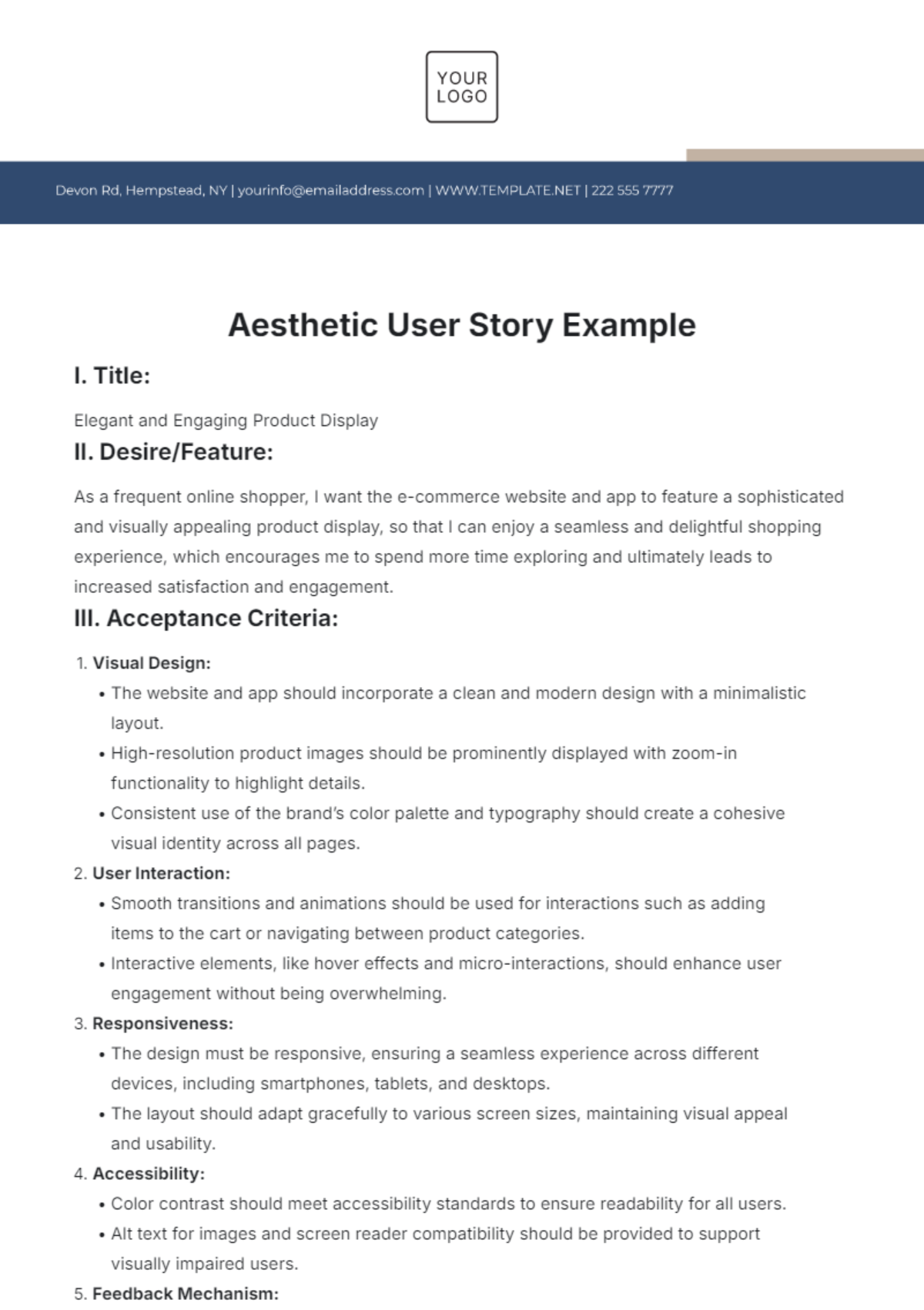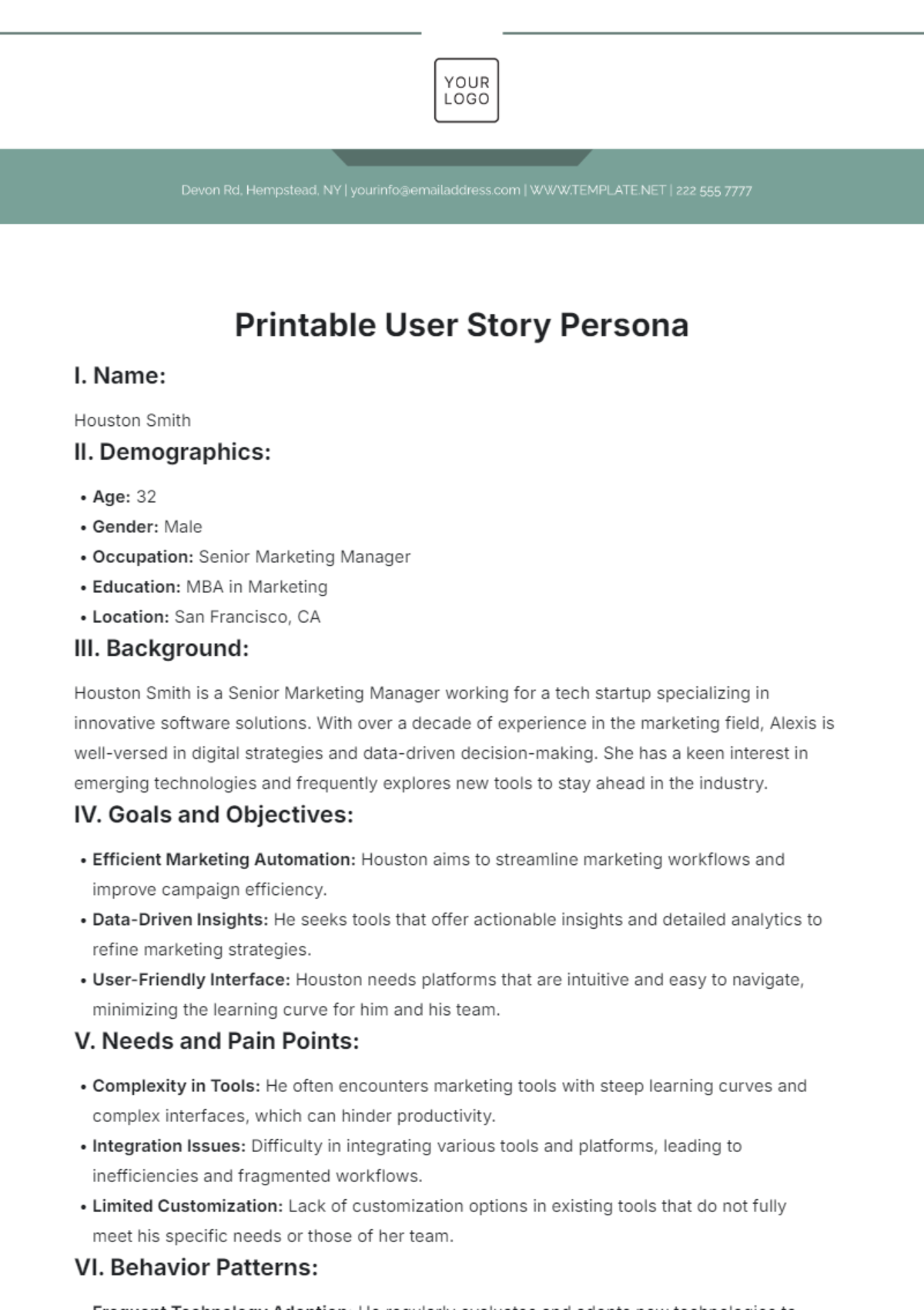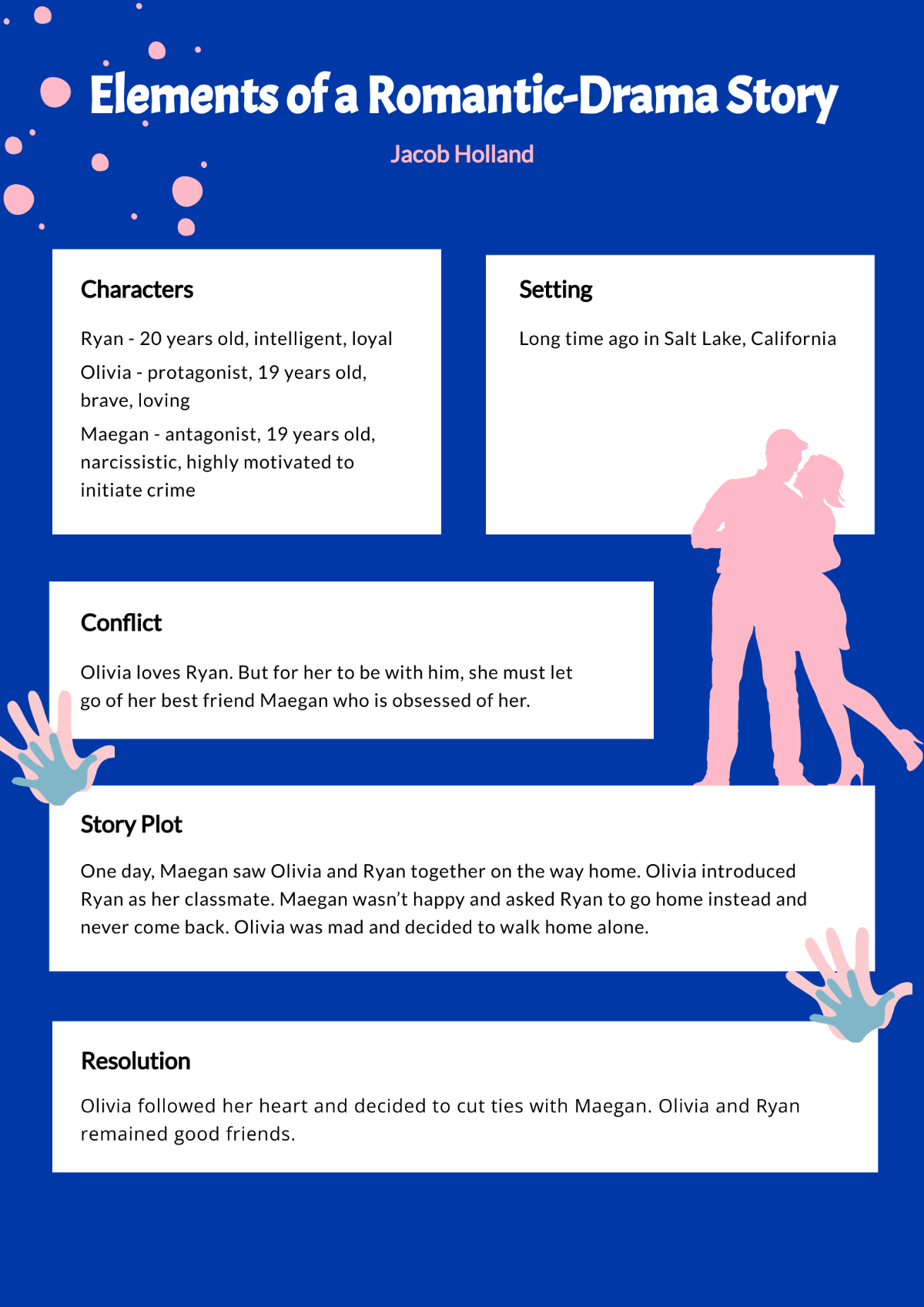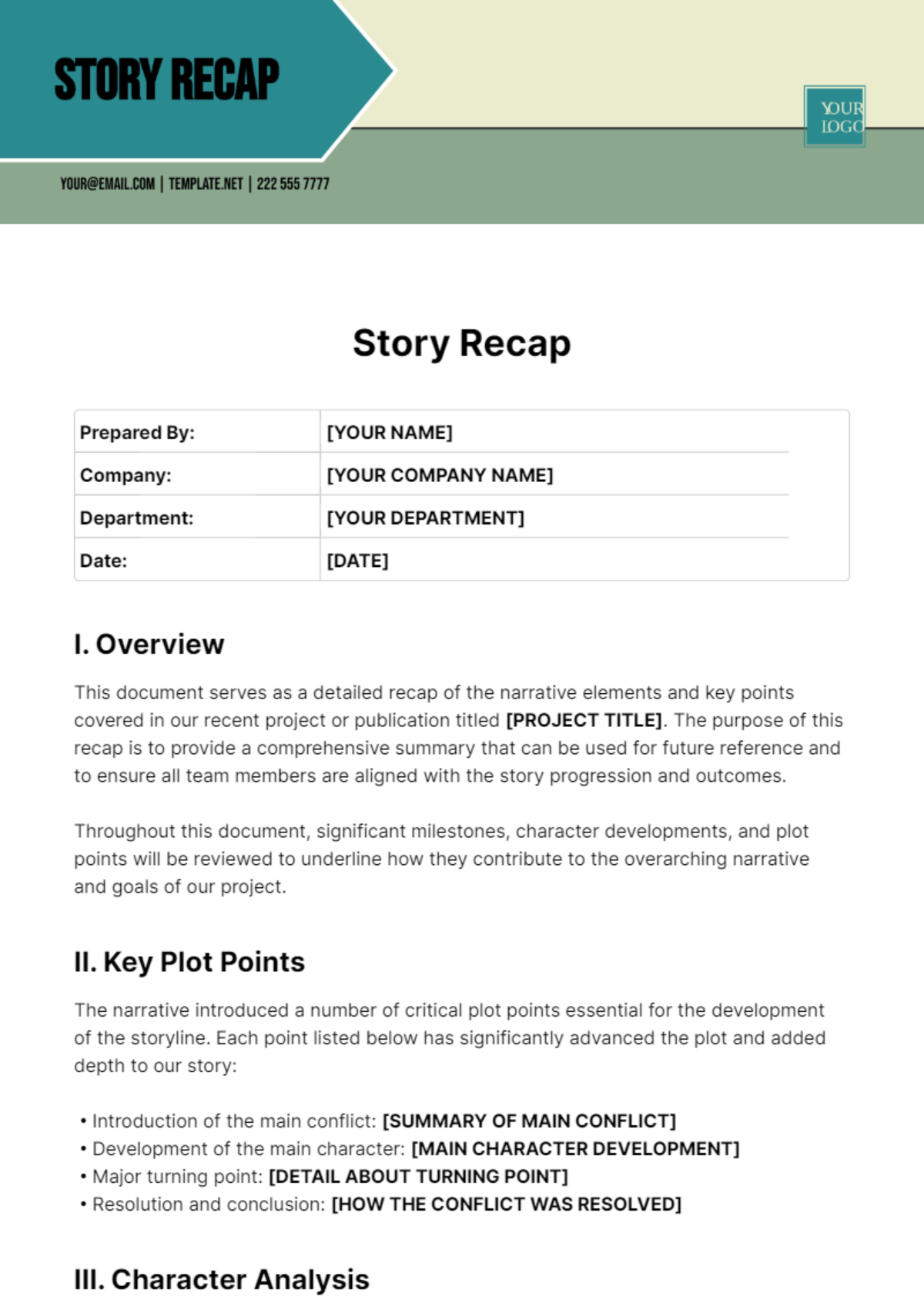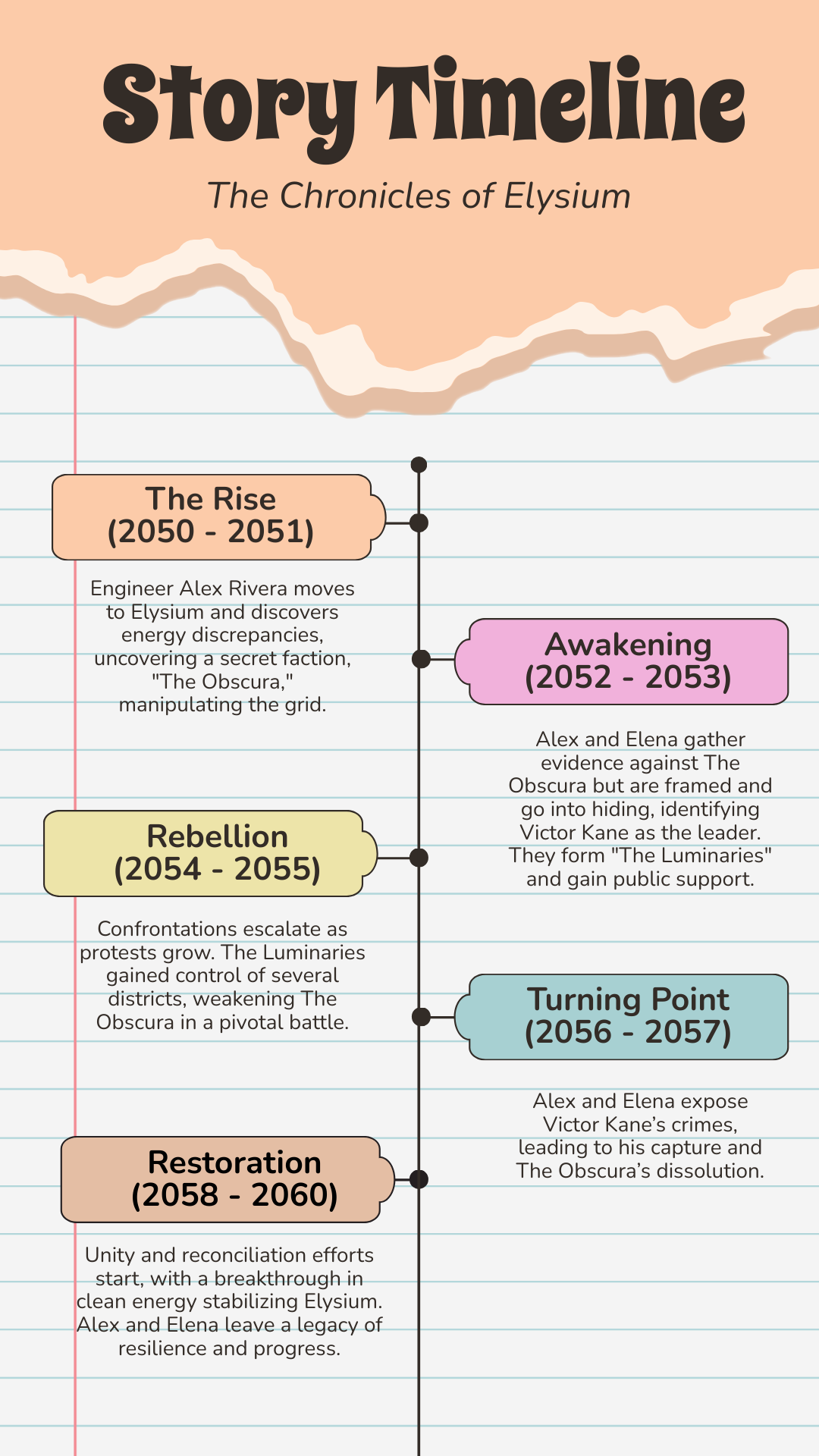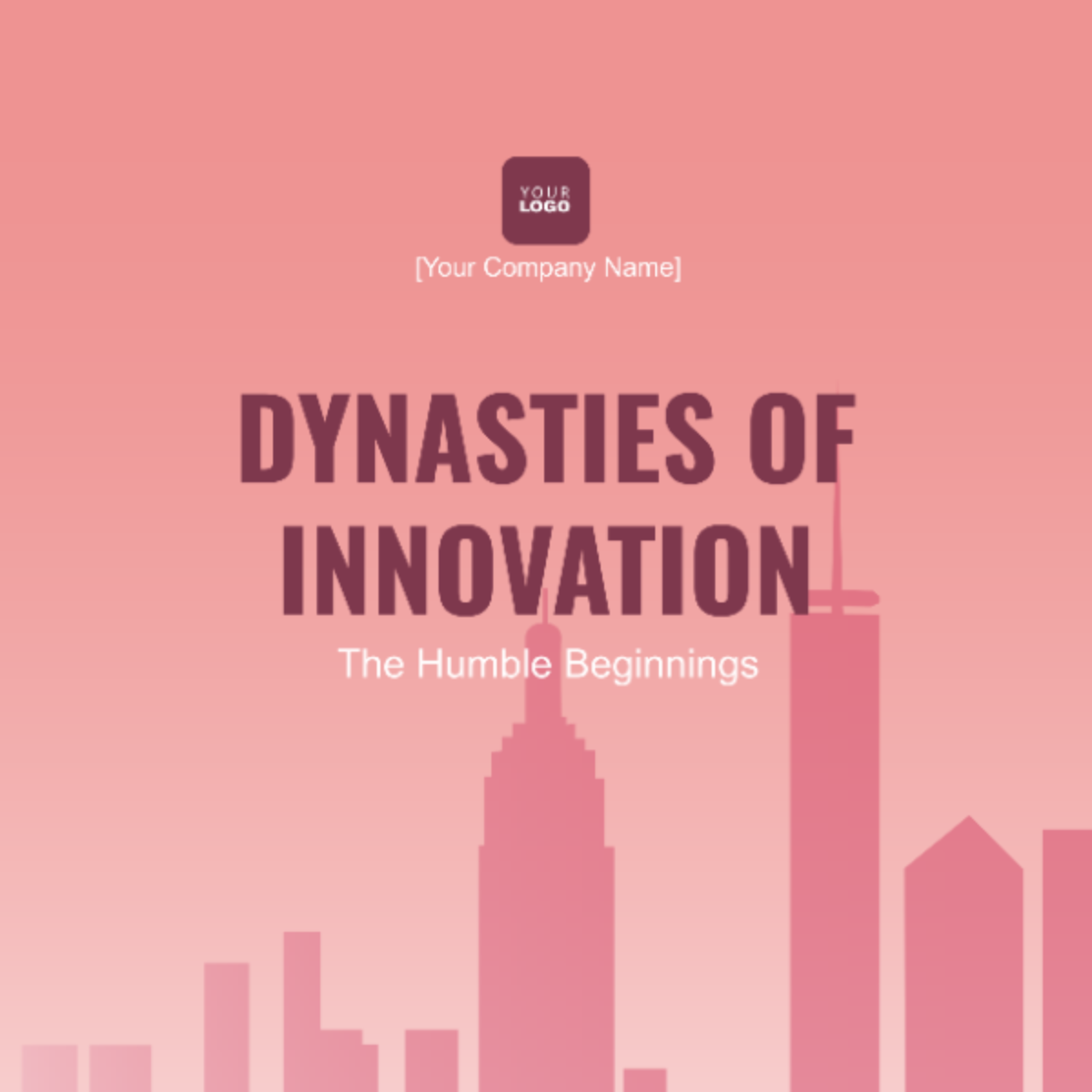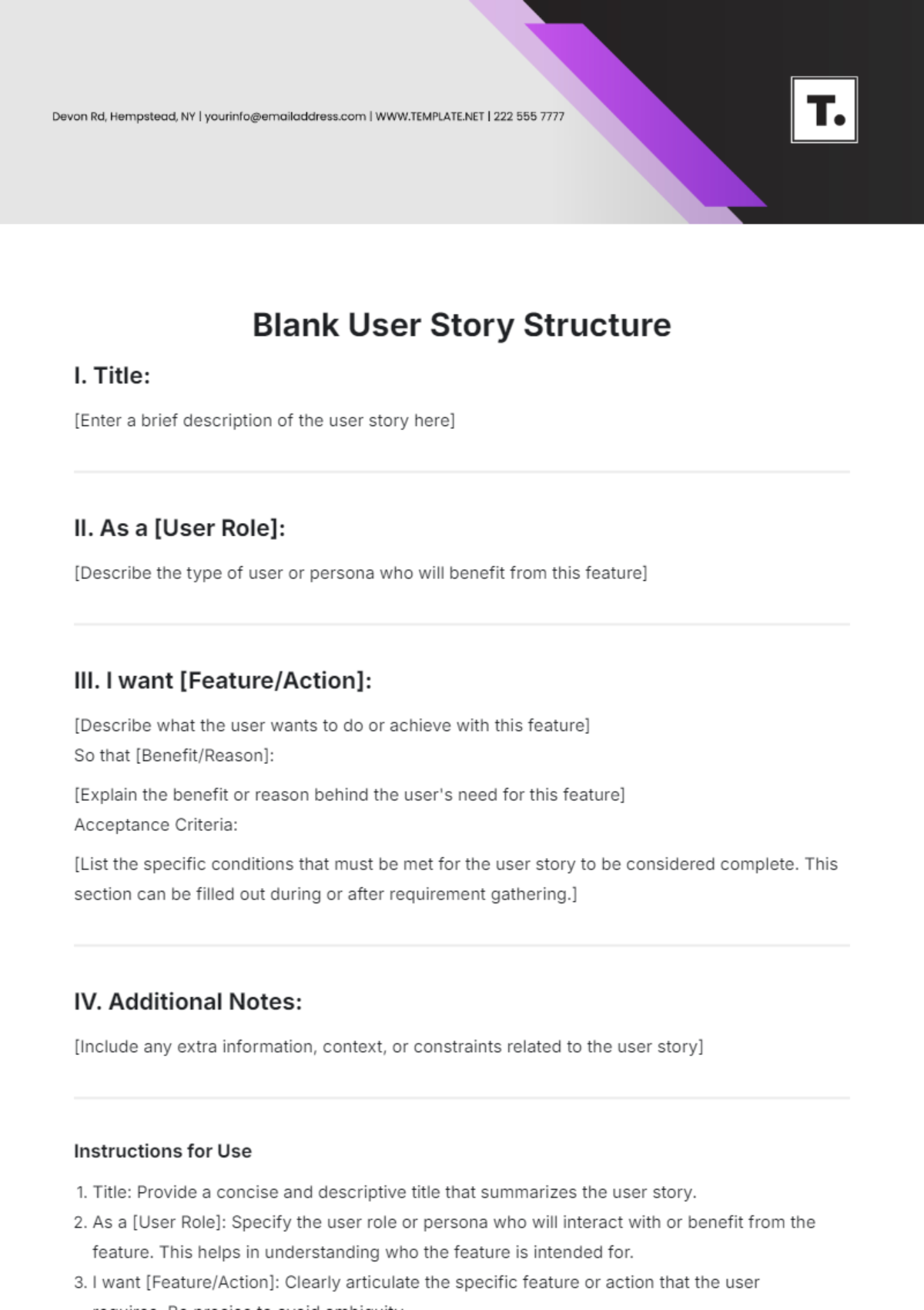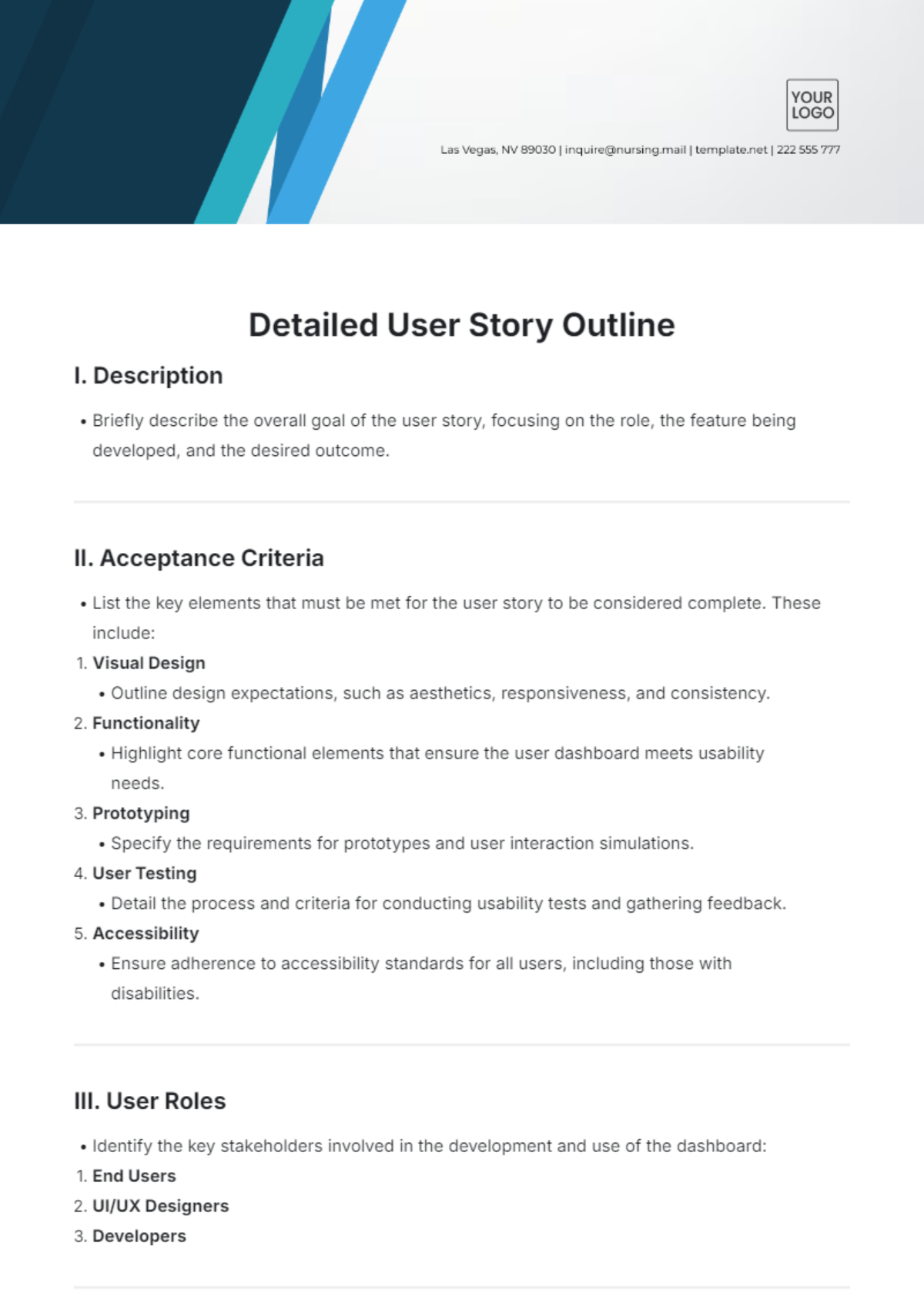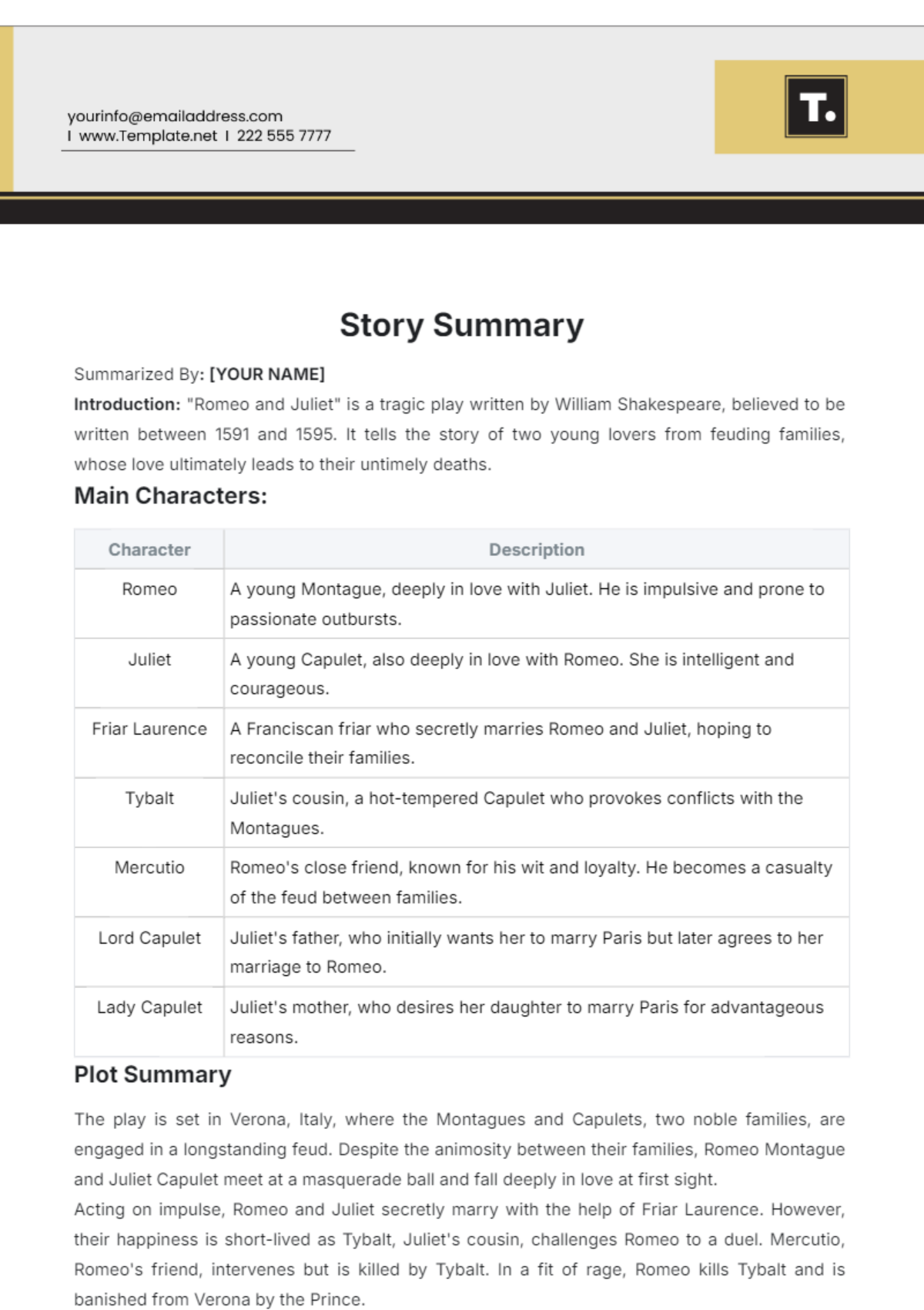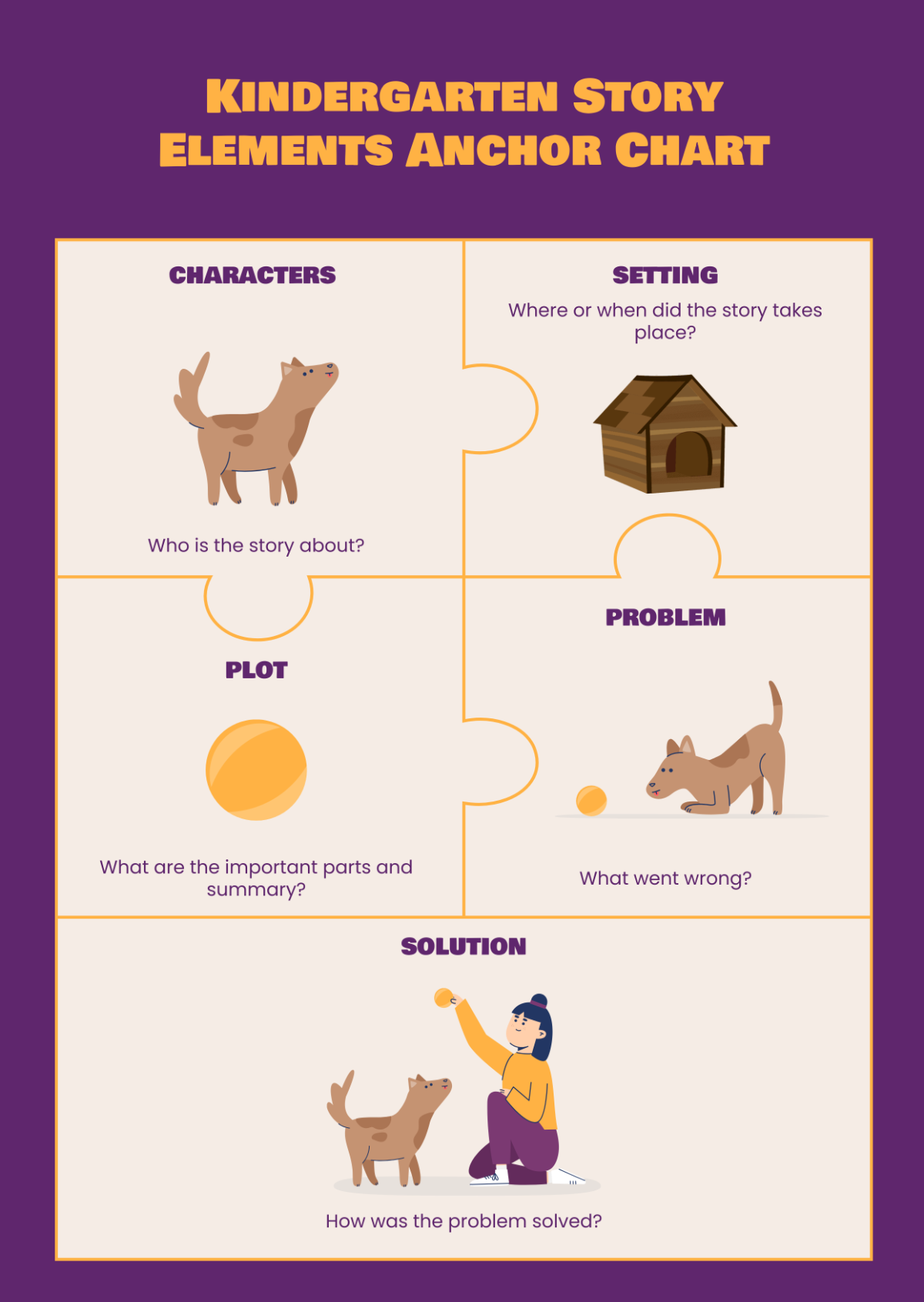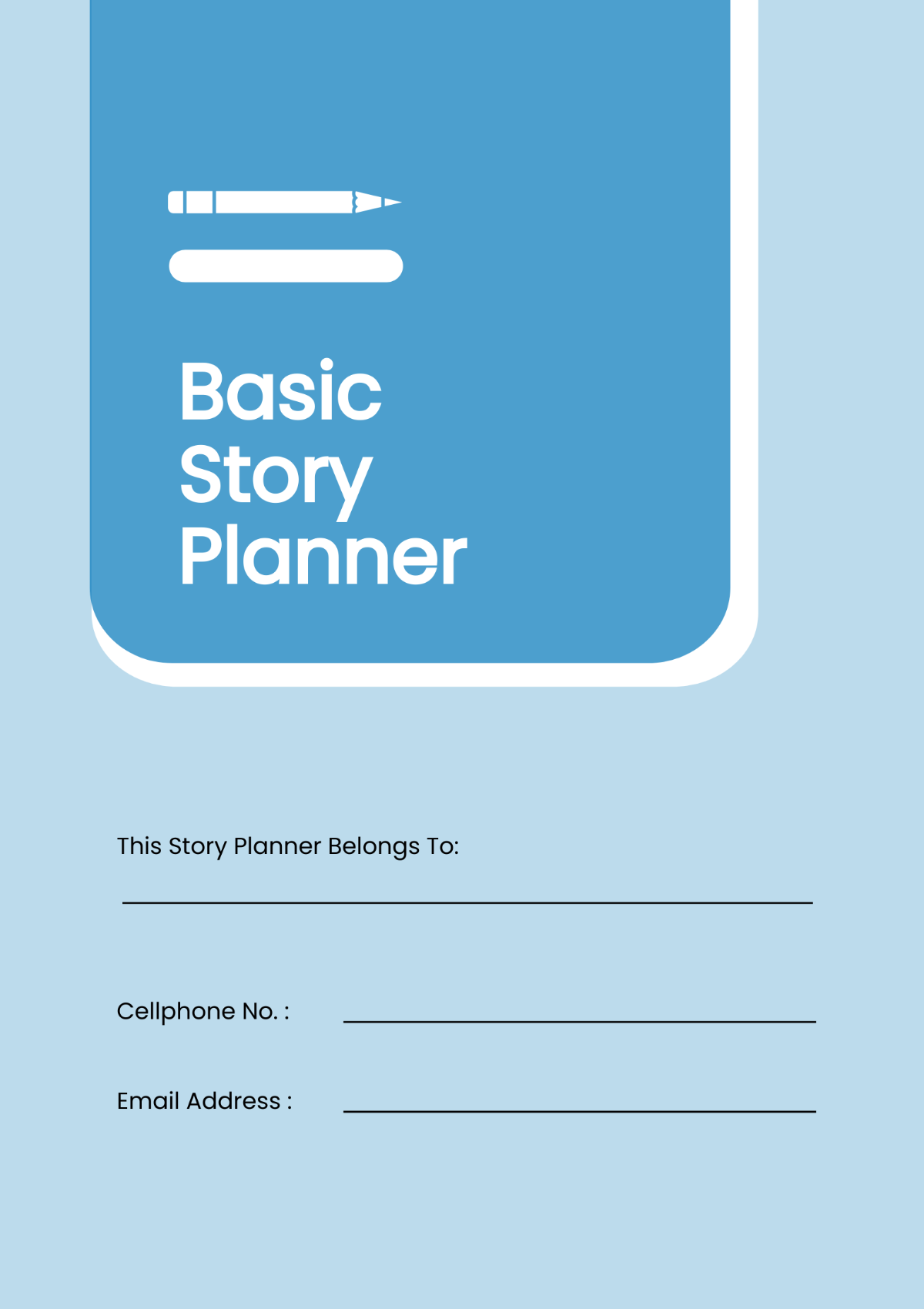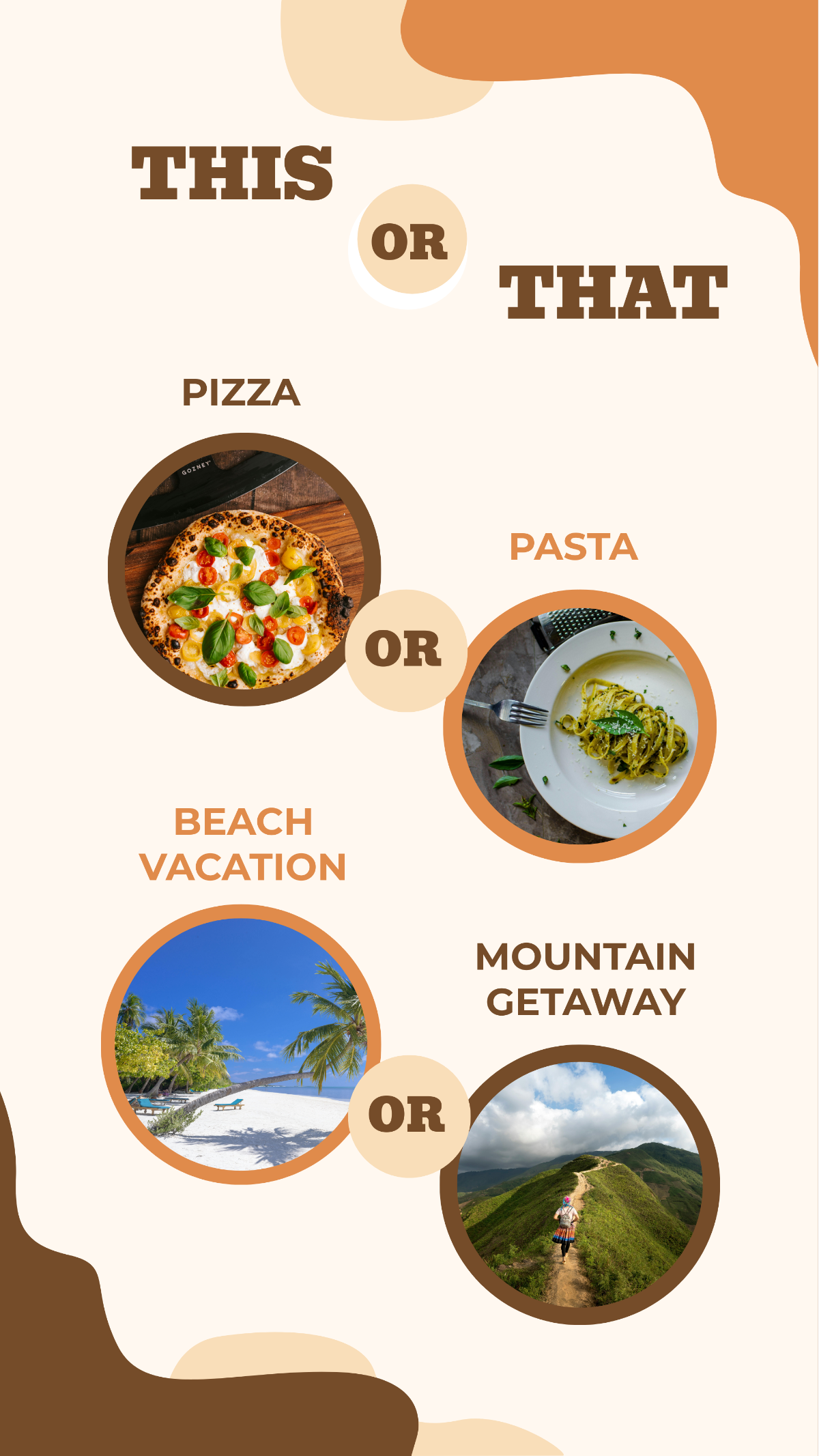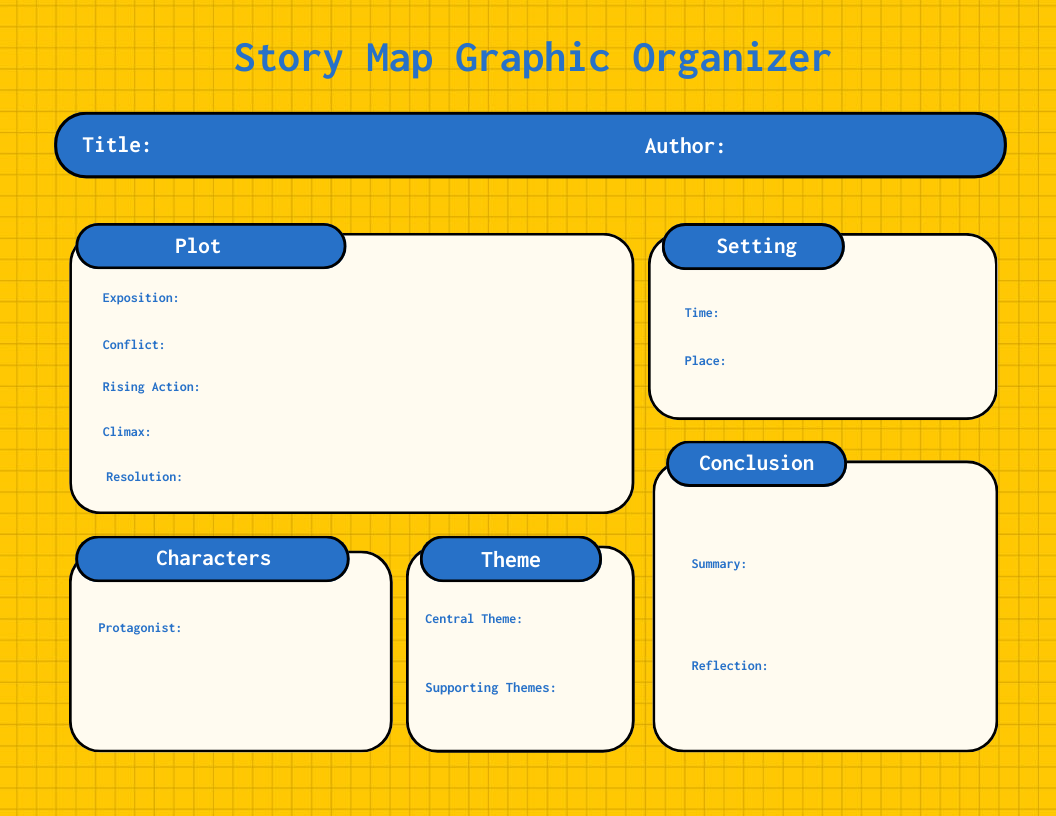History Study Guide
I. Introduction
Welcome to the History Study Guide ! This guide is designed to assist you in effectively mastering historical concepts and events. Whether you're preparing for exams, assignments, or simply enhancing your historical knowledge, this guide will provide you with the tools you need to study history with confidence.
II. Preparation for Historical Study
A. Identify Your Study Approach
Determine your preferred learning style, whether it's [VISUAL/AUDITORY/KINESTHETIC].
Gather relevant resources and tools tailored to your preferred learning style.
Experiment with different techniques and methods to find what works best for you.
B. Set Clear Study Objectives
Define specific [GOALS/OUTCOMES] you aim to achieve during your historical study sessions.
Establish measurable outcomes, such as mastering key historical events or understanding historical themes.
Consider the depth of historical knowledge you want to acquire and maintain.
III. Initiating Your Historical Study
A. Acquiring Resources
Begin with reputable history [TEXTBOOKS/REFERENCE MATERIALS] and supplementary readings.
Access online databases and archives for [PRIMARY SOURCES/SUPPLEMENTARY READINGS].
Explore multimedia resources, such as documentaries and historical films, to enhance your understanding.
B. Developing a Study Plan
Organize study sessions with clear [TIMELINES/INTERVALS] for focused learning.
Allocate regular review and practice sessions to reinforce your understanding of historical concepts.
Incorporate breaks and alternate activities to maintain engagement and prevent burnout.
IV. Effective Historical Learning Techniques
A. Contextual Understanding
Study historical events and concepts within their broader historical [CONTEXT/FRAMEWORK].
Analyze primary sources and secondary literature to gain multiple perspectives on historical topics.
Engage in historical discussions and debates to deepen your understanding and critical thinking skills.
B. Active Engagement
Participate in historical simulations or role-playing activities to immerse yourself in historical contexts.
Create [TIMELINES/MAPS] or other visual aids to visualize historical events and their chronological order.
Utilize interactive platforms or educational games to actively engage with historical content.
V. Retention Strategies
A. Review and Reiteration
Regularly review historical timelines, key events, and important figures.
Practice mnemonic techniques or memory aids to reinforce memorization of historical facts.
Utilize spaced repetition methods to optimize long-term retention of historical knowledge.
B. Application and Analysis
Apply historical concepts and theories to real-world scenarios or contemporary issues.
Analyze historical case studies or primary sources to develop critical thinking and analytical skills.
Engage in historical research projects or essays to deepen your understanding and contribute to historical scholarship.
VI. Overcoming Challenges
A. Navigating Complexity
Break down complex historical topics into manageable components for easier comprehension.
Seek clarification from instructors, peers, or online resources when encountering challenging concepts.
Utilize study groups or discussion forums to collaborate and share insights on complex historical subjects.
B. Sustaining Motivation
Set achievable milestones or [GOALS/OUTCOMES] to track your progress and celebrate accomplishments.
Connect historical study with personal interests or career aspirations to maintain intrinsic motivation.
Engage in self-care practices and maintain a healthy work-life balance to prevent burnout and sustain long-term motivation.
VII. Conclusion
This History Study Guide provides a structured framework for effective historical study. By following this guide, you can enhance your understanding of historical concepts, develop critical thinking skills, and succeed in your academic or professional endeavors.

